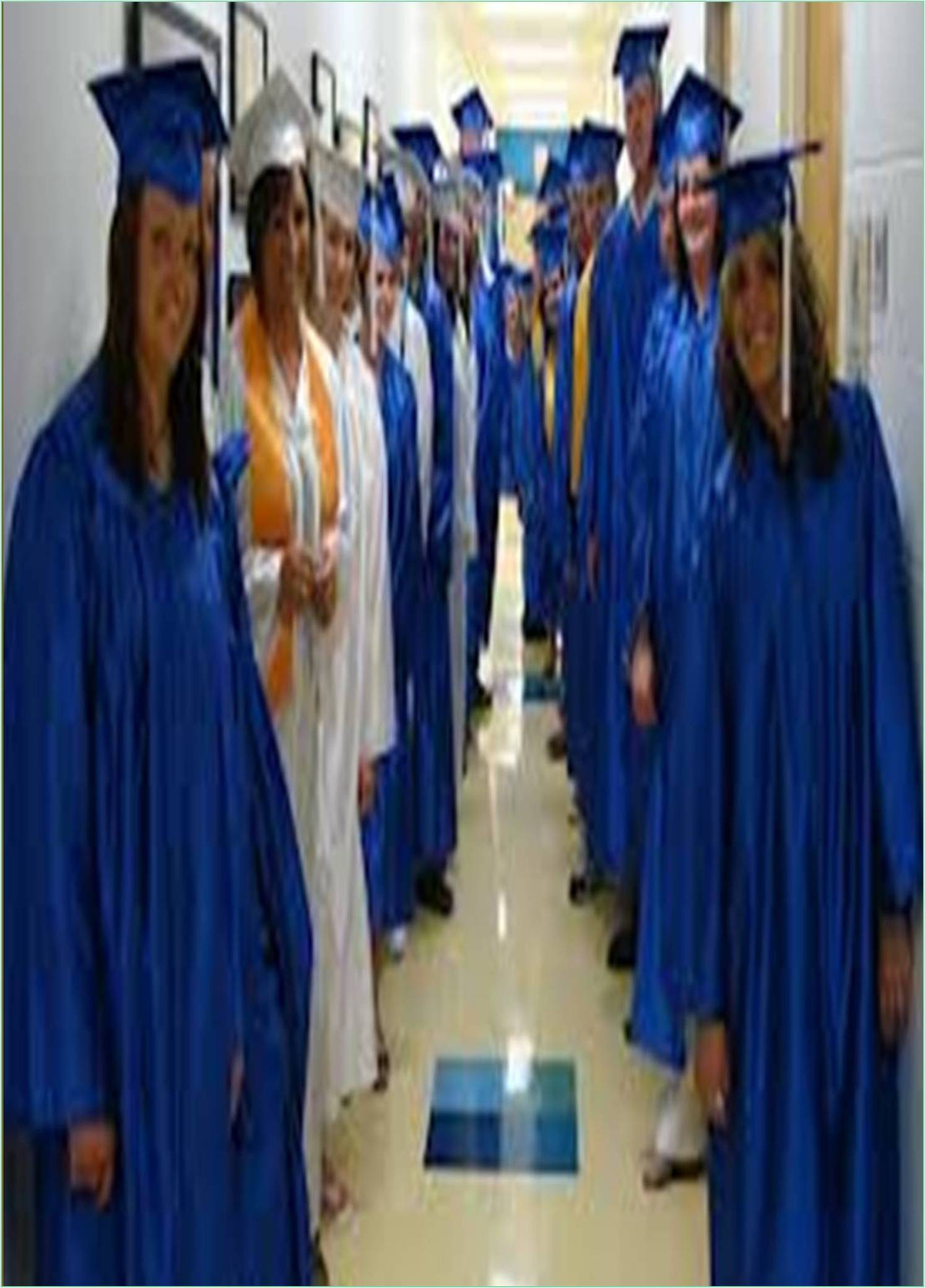



Received: 01-Dec-2022, Manuscript No. GJEF-22-84003; Editor assigned: 05-Dec-2022, Pre QC No. GJEF-22-84003 (PQ); Reviewed: 19-Dec-2022, QC No. GJEF-22-84003; Revised: 26-Dec-2022, Manuscript No. GJEF-22-84003 (R); Published: 02-Jan-2023, DOI: 10.15651/2449-061X.23.10.015
The rapid rate of change and extensive alterations occurring in the transportation industry, the education programme for students attending transportation institutions needs to be revised. Students' understandings on their future careers and personal life will change. In order to be competitive and, therefore, successful in the modern world, students of transport universities must be able to organize independent educational and cognitive activities to master a new subject and/or professional area in a short amount of time. This was made necessary by the growth in the volume of scientific and technical information as well as the number of different types of activities in which people are engaged. In this regard, it is thought that the independence of students at transport universities serves as a crucial foundation for their ability to master many kinds of professional activity.
But in order for it to form, a set of contemporary, organisational, psychological, educational, and methodological conditions is required. The need to create new Federal State Educational Standards for Higher Education in Russia based on a competence based approach that implements the social order of society in literate professionals capable of demonstrating independence and activity, constant effort, and innovation, emerged at the beginning of the twenty first century. These integration processes have taken over the circumstances of global education. Russia's entry into the Bologna process, and the development of the ideas of competence-based education. The quality of students at transport institutions as independent entities today is decided not only by strategic and regulatory papers but also by life itself, according to our analysis of the state of the theory and practise of education in the field of transportation. The foundation for the expansion of future transport professionals' professional competency in general, as well as their general development of general cultural skills, is their educational independence, which is established during the learning process become independent learners as a result of the broad development of general cultural skills, which is formed during the learning process. In the presence of a number of conditions, the most significant of which is the expansion of the types of activities and communication spheres where a person can get by without assistance, relying solely on the personal experience available, independence is a quality that students of transportation universities acquire as they mature personally, form relationships, and enter the workforce.
The difficulty of our study was established by the requirement to address the discovered discrepancies. It entails the requirement to create pedagogical environments that will allow students in transport universities to become more independent learners throughout their academic careers. The implementation of theoretical activity is carried out at the stage of interiorization, aimed at building a mental image of the studied object detection of students at transport universities, which involves first building a materialized image of communication, in order to present the main conceptual provisions describing the system of pedagogical conditions for the development of educational independence of students of transport universities. As a result, throughout the assimilation process, students at transport universities create an idealized version of the end results of their study with the help of a teacher. Additionally, the created image serves as an orientation function in relation to practical activities during the exteriorization stage. The student employs this mental representation in his subsequent task, exteriorizing it as a tool for it.
According to the representatives of the competenceactivity approach, and researchers of educational independence, we have updated information on the theory of activity and noted that the teaching of transport university students that aims to foster educational independence should be in line with the psychological nature of the learning process, which is made up of two psychological processes that occur one after the other: interiorization and exteriorization. The distinction between the techniques we provide is that a student at a transport university becomes an active subject of their activities by participating in activities at all of their phases and stages. The ultimate goal of educational and professional activities should be to advance university students to the point where they are able to independently set an activity's aim, choose methods, signifies, types, and technologies for its implementation, update their knowledge base and skill sets, and plan their own actions and operations, control, evaluate, and adjust them to achieve the goal.